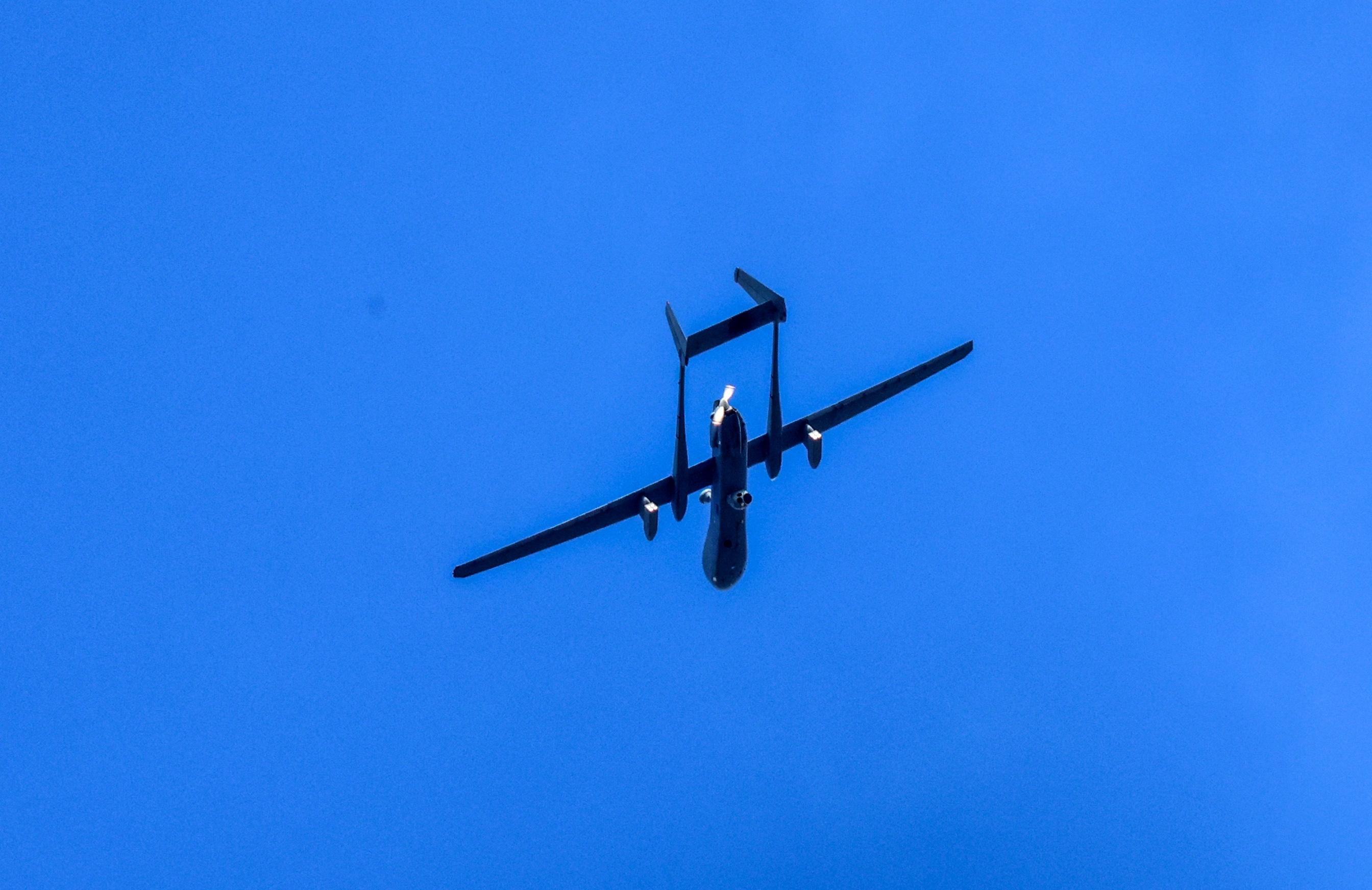IDF, Weapons
Israel's drone revolution: IDF plans massive shift to homegrown tech
In a bold move to bolster national security and domestic industry, Israel's military aims to procure 20,000 locally-made drones. This strategic pivot, worth hundreds of millions of shekels, marks a significant departure from reliance on Chinese technology.

In a sweeping initiative to modernize its forces and boost domestic industry, the IDF is set to launch a tender for the purchase of approximately 20,000 Israeli-made drones. This move, valued at hundreds of millions of shekels, signals a dramatic shift away from the military's recent reliance on Chinese drone technology.
The planned procurement, revealed by sources close to the matter, encompasses a wide range of unmanned aerial vehicles, from attack drones to those designed for surveillance and intelligence gathering. The IDF Ground Forces Command intends to spread the acquisitions over a five-year period, reflecting both the scale of the undertaking and the current limitations of Israel's drone manufacturing capacity.
This pivot comes in the wake of controversy surrounding the IDF's extensive use of Chinese-made drones, particularly during the recent conflict in Gaza. The decision to rely heavily on products from companies like DJI and Autel — both blacklisted by the U.S. Department of Defense — was driven by urgent operational needs and the immediate availability of these off-the-shelf solutions.
However, the use of Chinese drones has raised significant security concerns. The vulnerabilities of these drones have become increasingly apparent, particularly on Israel's northern front. Hezbollah, the Lebanon-based militant group, has reportedly acquired systems capable of detecting and locating operators of Chinese-made drones, highlighting the strategic risks of relying on foreign technology.
The new tender represents more than just a procurement decision; it's a statement of intent to revitalize Israel's domestic drone industry. Several Israeli companies, including Xtend, Robotican, and HevenDrones, are expected to bid for contracts. However, the industry faces significant challenges in scaling up to meet the IDF's demands.
The IDF's requirements are stringent, with drones needing to meet both operational capabilities and strict budget constraints. The military is reportedly looking at a price range of 10,000 to 20,000 shekels per unit (approximately $2,700 to $5,400), a challenging target for many Israeli manufacturers.
This price point may exclude some of the more advanced offerings from Israel's defense giants like Elbit Systems and Rafael Advanced Defense Systems. Their high-end drones, while technologically superior, are priced well above the IDF's target range for this mass procurement.
The tender is expected to drive innovation in areas such as encrypted communication, extended flight times, and multi-mission capabilities. Xtend's "Wolverine" drone and Robotican's transformable "Gallo" are examples of the kind of versatile platforms the IDF is likely to consider.
While the shift towards Israeli-made drones is seen as a positive step for national security and the local economy, it also presents logistical challenges. The Israeli drone industry currently lacks the production capacity to deliver thousands of units quickly, meaning the IDF will need to phase in the new drones gradually.
The IDF's drone initiative comes at a time of increasing global focus on unmanned aerial systems in modern warfare. The ongoing conflict in Ukraine has highlighted the critical role of drones in reconnaissance, target acquisition, and even direct attacks.
As Israel embarks on this ambitious project, the implications extend beyond its borders. Success could not only enhance the IDF's operational capabilities but also establish Israeli firms as go-to providers in the rapidly expanding global market for military drones.
The IDF spokesperson's office declined to comment on the specifics of the planned tender, stating only that the military "continuously evaluates and upgrades its technological capabilities to meet evolving security challenges."
* Channel 12 contributed to this article.